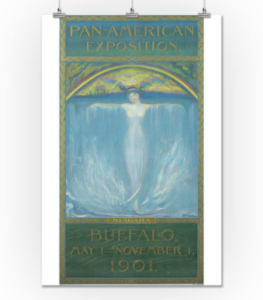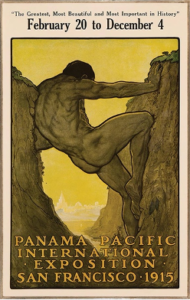Chreia Progymnasmata
A.A. Gill provides a divisive piece titled, “America the Marvelous,” in which he describes why America is better than Europe. Gill himself is British so he is not writing this as an American praising America. The article goes into why America is better than Europe through Gill’s life experiences. The piece starts off with Gill recounting a time where he was at an elite liberal dinner party in Europe and a woman at the dinner was desecrating America. She would say, “Stupid, stupid. Americans are stupid. America is stupid. A stupid, stupid country made stupid by stupid, stupid people” (Gill). This is a common take among Europeans, that America is uneducated, loud, annoying, spoiled etc… However, Gill disagrees with this. He believes that America is everything Europe wishes it was, and that the sly remarks are mere jealousy. He backs up his claims by providing evidence of America’s successes, such as having 14 out of the top 20 schools in the world, winning more Nobel prizes than Germany, France, Britain, Japan, and Russia combined, and having 22 peace prized with 12 being for literature.
This is another common diss at America that our literature is not intellectual. Gill states, “It was Camus who sniffily said that only in America could you be a novelist without being an intellectual” (Gill). This attack is misguided as in America, writing is much more straight-forward and plain, there is not a hidden meaning behind every writing that needs to be solved. This is no way means that the writing is of lower quality, it is just simpler to understand. Gill then goes through America’s sudden rise to becoming a world power, and that those who contributed went to America as they knew it was better than the old world.
Gill’s thoughts obviously clash with just about everyone who is not American, however, his evidence more than backs up his claims. He ends the piece with a fantastic jab at Europeans, he states:
“There is in Europe another popular snobbery, about the parochialism of America, the unsophistication of its taste, the limit of its inquiry. This, we’re told, is proved by “how few Americans travel abroad.” Apparently, so we’re told, only 35 percent of Americans have passports. Whenever I hear this, I always think, My good golly gosh, really? That many? Why would you go anywhere else? There is so much of America to wonder at. So much that is the miracle of a newly minted civilization. And anyway, European kids only get passports because they all want to go to New York” (Gill).
This bit of banter is a brilliant way to conclude the piece in stating that the reason Americans do not leave America is because why would they? It is better than anywhere else and that Europeans who travel just come to America anyways.

